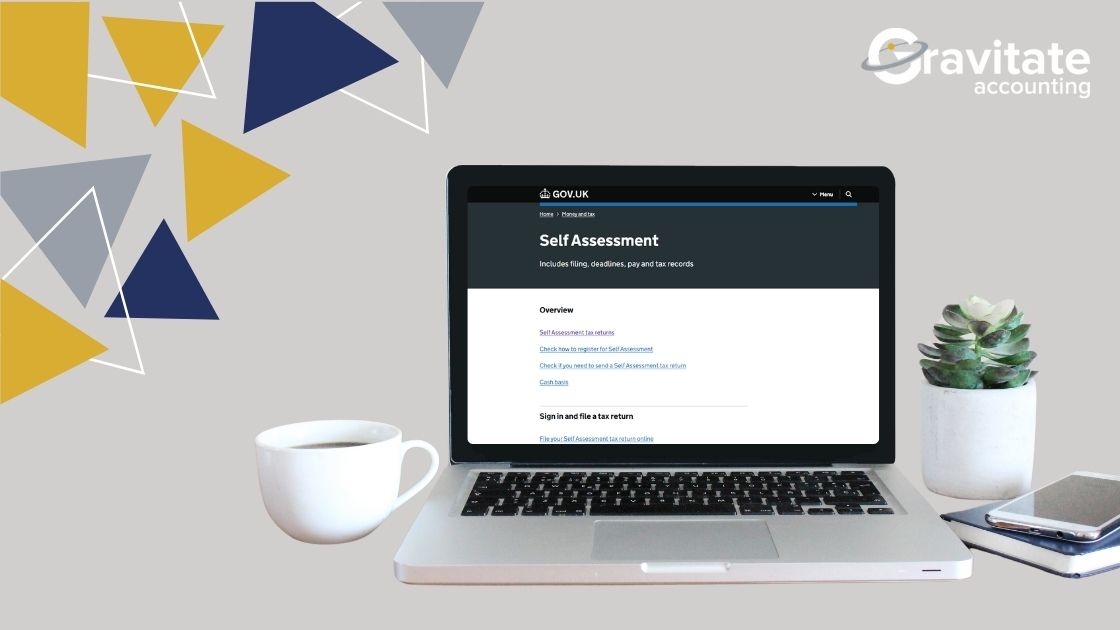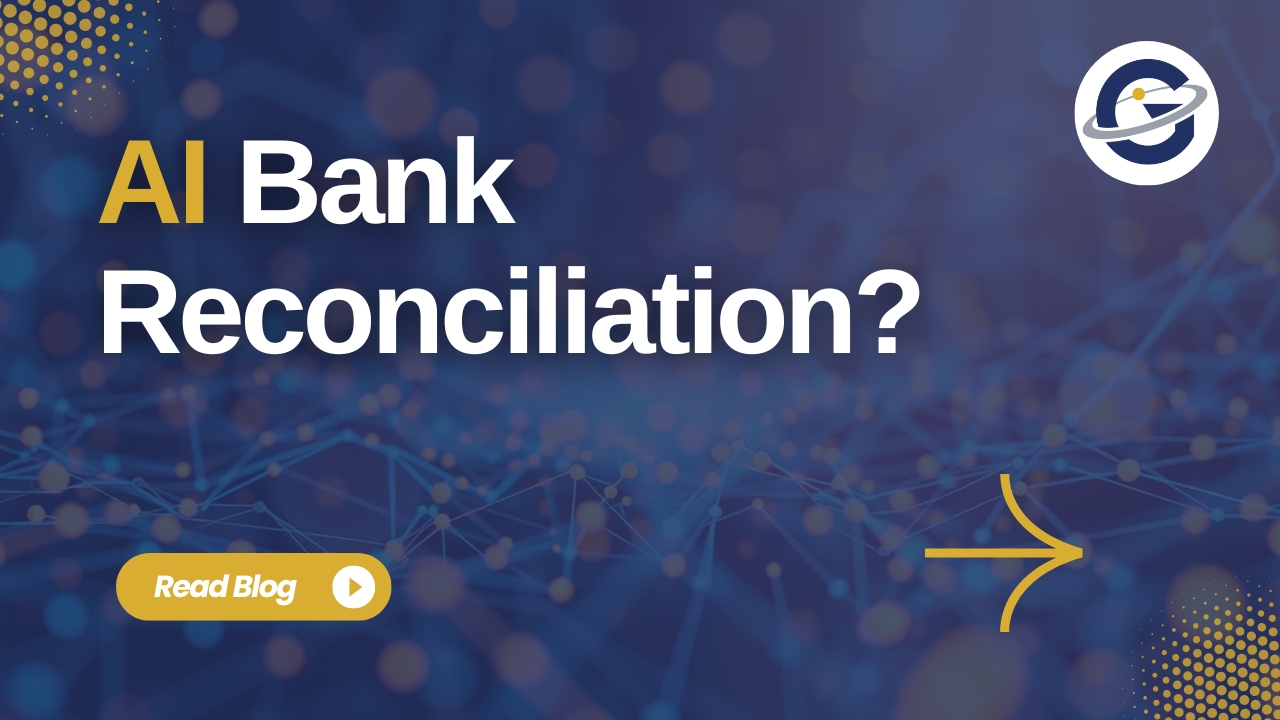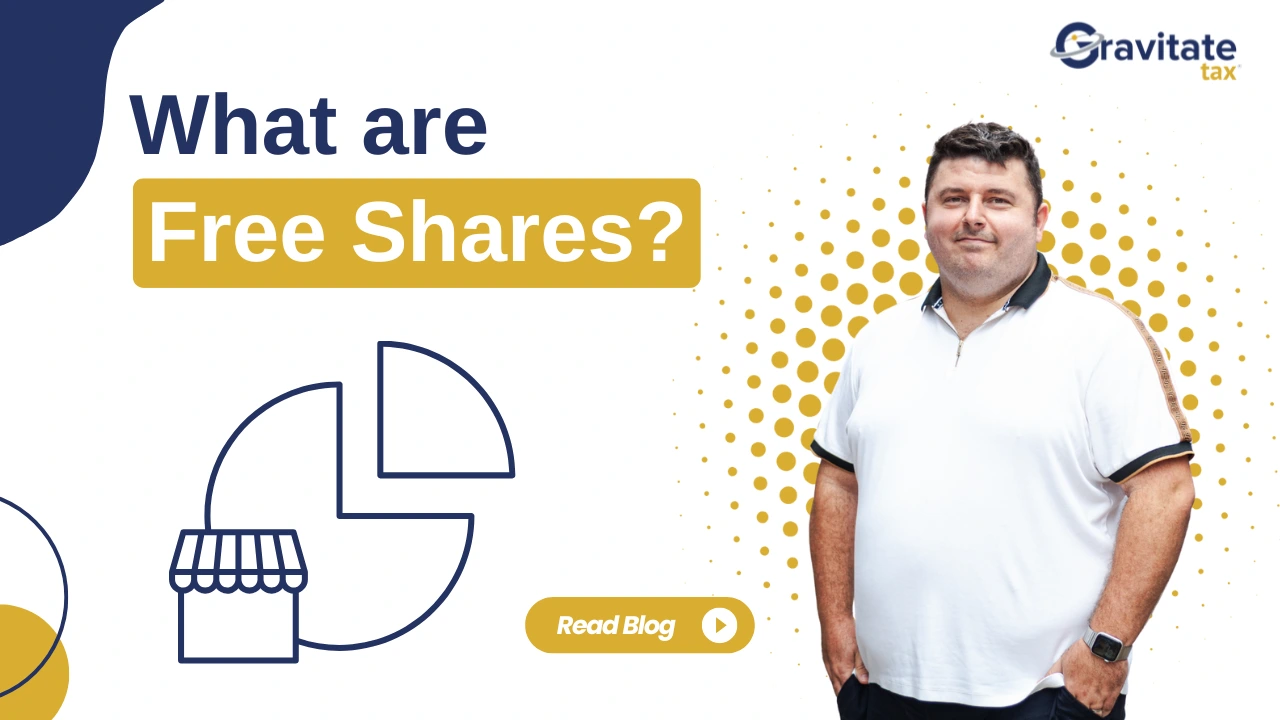Self-Assessment taxpayers don’t get the luxury of instant tax payments that they generally don’t need to think about. Tax returns and resulting bills can be a major source of stress and confusion, especially if you aren’t fully prepared.
One of the most important aspects of paying a self-assessment tax bill is Payments on Account (POA).
If you have ever been surprised by a chunky tax bill from HMRC, you might not have fully prepared for Payments on Account. In this blog I’ll explain how it works.
What are Payments on Account (POA) for Self-Assessment?
Payments on Account are advanced payments that you make towards your self-assessment tax bill for a given year. They essentially enable you to spread the cost of your tax bill, so you aren’t hit with one big annual bill.
Rather than waiting until January 31st to pay your tax for the previous year, you’ll instead pay in advance for the current year based on what you owed last year.
Payments on Account Example
- If your Self-Assessment tax bill for the 2023-24 tax year was £6,000, HMRC will assume your income for 2024-25 will be similar.
- HMRC will therefore ask you to prepay that £6,000 in two instalments calculated at 50% of your previous bill (so, £3,000 each).
- This means that by January 31st you’re paying your 2023-24 bill plus the first payment for the 2024-25 year.
- Then in the following July, you make the second payment.
- The prepayments are deducted from your final tax bill for next year, with any difference resulting in extra payments or a refund.

Who needs to make Payments on Account?
Not every self-assessment tax payer needs to make Payments on Account. HMRC only requires POA for people with tax bills of more than £1,000 (excluding Class 2 National Insurance) and when less than 80% of tax is collected at source, such as through PAYE.
Most self-employed individuals, landlords or freelancers will likely fall into this category, unless most of their income is taxed through their job
The group likely to be impacted most by these rules are the newly self-employed, who may need to pay their tax bill for the last year plus two advanced payments for the current year. It is important that you plan ahead for this so it doesn’t catch you out.
Payments on Account: Dates to remember
There are two key dates that you must remember when it comes to Payments on Account, these are:
- January 31st: This is when you will file your self-assessment tax return, pay any tax you owe for the previous year and make your first POA for the current year.
- July 31st: This is when you will need to make your second POA.
These dates are fixed for everyone, regardless of when you file your return.
Based on a 2023-24 tax bill of £6,000
What if you miss the deadline?
It is really important that these deadlines are not missed, because interest will accrue immediately and HMRC will pursue the payments. We recommend treating POA as rent or mortgage payments, non-negotiable expenses that must be made, whatever happens.
What if your income changes year-on-year?
Income isn’t always predictable, particularly for the self-employed or freelancers. So, what happens if your earnings drop year-on-year and you find yourself overpaying your Payments on Account?
If this happens, you can apply to reduce your POA. To do this, you’ll provide an estimate for your current year income and an explanation of why you believe your tax bill will be lower.
It is important not to reduce your estimated bill too much. If you get it wrong and your bill ends up higher, you will need to pay HMRC interest on the shortfall. They will also investigate people they suspect are trying to manipulate the system to underpay tax.
Payments on Account FAQs
Why does HMRC want payments on account?
HMRC uses Payments on Account to collect tax in advance and ensure steady cash flow based on your previous year’s income. It gives HMRC faster access to tax revenue and helps reduce the risk of late or unpaid taxes.
What does payment on account mean?
Making payments on account means paying part of your next year’s tax bill in advance, based on your previous year’s tax bill.
What is the threshold for payments on account?
You must make Payments on Account if your income tax bill is over £1,000 and less than 80% of your tax is collected through PAYE (or collected at source by another means).
Does HMRC automatically refund overpaid tax?
Yes, if you have overpaid tax, HMRC automatically refunds overpaid tax after your Self-Assessment is processed. They may also potentially deduct it from future bills. Just ensure you provide your accountant with your bank details so this can be paid directly into your personal bank account.
What happens if I miss a POA deadline?
HMRC charges interest from the due date until the payment is made. Persistent delays may result in penalties.
How can I check if I need to make a POA?
To check this, you can log into your HMRC account or check your Self-Assessment tax bill. If your tax due (excluding PAYE) is over £1,000, POA usually applies.
Are POA payments tax-deductible?
No, POA payments are advance payments of your tax bill—they’re not expenses, so they aren’t deductible.
Can I pay POA early?
Yes, you can make early payments through your HMRC account at any time before the due dates (January 31st and July 31st).
I am a company owner – can I pay this from my Limited Company?
You can, but without forward planning and potentially grossing up your dividends to cover the tax payment, you could end up with a S455 tax liability. Where essentially you owe the Company money and HMRC charge you a temporary 33.75% tax charge until you cover the shortfall.

.png)


.png)

.png)
.png)

.png)
.png)
.png)













.png)
.png)
.png)

.png)
.png)

.png)



.webp)
.webp)












.jpg)

.webp)
.png)

.svg)
